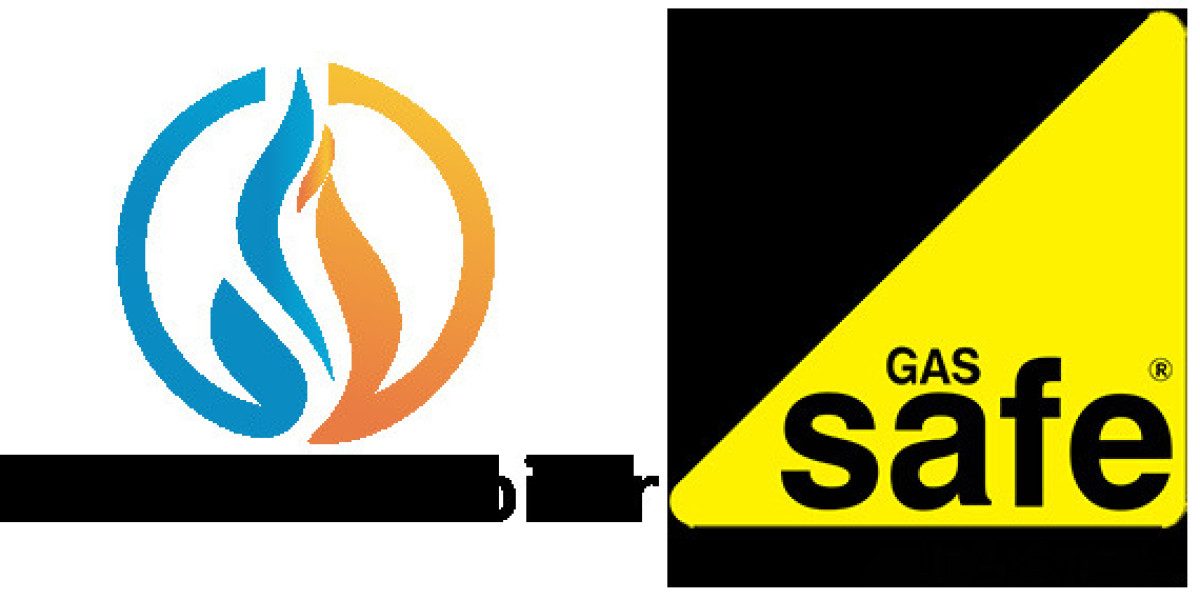In today's business landscape, maintaining a comfortable and energy-efficient environment is crucial for both productivity and sustainability. Commercial heating systems play a pivotal role in achieving this balance. Whether you're managing a small office or a large industrial facility, understanding the ins and outs of commercial heating can significantly impact your bottom line. This comprehensive guide will walk you through everything you need to know about commercial heating, from selecting the right system to optimizing its efficiency.
Introduction to Commercial Heating
Commercial heating is a critical component in any business infrastructure. Unlike residential heating, commercial systems need to accommodate larger spaces and more complex usage patterns. These systems must ensure consistent temperature control, energy efficiency, and compliance with safety regulations. In this guide, we'll explore various aspects of commercial heating, helping you make informed decisions for your business.
Types of Commercial Heating Systems
Central Heating Systems
Central heating systems are designed to distribute heat from a single source to multiple areas within a building. These systems typically include a boiler, furnace, or heat pump, which heats water or air that is then circulated throughout the building via ducts or pipes.
Hydronic Heating Systems
Hydronic heating systems use water as a heat transfer medium. Water is heated in a boiler and circulated through pipes to radiators or underfloor heating systems. These systems are known for their energy efficiency and even heat distribution.
Radiant Heating Systems
Radiant heating systems deliver heat directly to the floor or panels in the wall or ceiling. The system relies on infrared radiation, which warms objects and people in the room. This method is highly efficient and provides uniform heating.
Forced Air Heating Systems
Forced air systems use a furnace or heat pump to heat air, which is then distributed through a network of ducts and vents. These systems are common in commercial buildings due to their ability to quickly and efficiently heat large spaces.
Choosing the Right Commercial Heating System
Assessing Your Heating Needs
The first step in selecting a commercial heating system is to assess your specific heating needs. Consider factors such as the size of your building, the layout, the number of occupants, and the types of activities taking place. An energy audit can provide valuable insights into your heating requirements.
Evaluating Energy Efficiency
Energy efficiency is a key consideration when choosing a commercial heating system. Look for systems with high Seasonal Energy Efficiency Ratios (SEER) and Annual Fuel Utilization Efficiency (AFUE) ratings. These ratings indicate the system's ability to convert energy into heat efficiently.
Budget and Cost Considerations
Budget constraints will inevitably influence your choice of heating system. While initial costs are important, it's crucial to also consider long-term operating costs, maintenance expenses, and potential energy savings. Investing in a more efficient system may lead to significant cost savings over time.
Regulatory Compliance
Ensure that the heating system you choose complies with local building codes and regulations. This includes considerations for safety, emissions, and energy efficiency standards.
Installation and Maintenance of Commercial Heating Systems
Professional Installation
Proper installation is critical for the efficient operation of commercial heating systems. Engage qualified HVAC professionals to install your system, ensuring that it is configured correctly and meets all safety standards.
Regular Maintenance
Regular maintenance is essential to keep your commercial heating system running smoothly. Schedule annual inspections and servicing to identify and address potential issues before they escalate. Regular maintenance tasks include cleaning filters, checking for leaks, and calibrating thermostats.
Upgrading and Retrofitting
As technology advances, older heating systems may become less efficient. Consider upgrading or retrofitting your system with modern components to enhance performance and energy efficiency. This could involve installing smart thermostats, variable speed drives, or energy recovery ventilators.
Optimizing Energy Efficiency in Commercial Heating
Smart Thermostats and Controls
Smart thermostats and control systems allow for precise temperature management, reducing energy waste. These devices can be programmed to adjust heating based on occupancy patterns, ensuring optimal comfort while minimizing energy consumption.
Zoning Systems
Zoning systems divide your building into separate areas, each with its own temperature controls. This allows you to heat only the areas that are in use, improving overall energy efficiency.
Insulation and Sealing
Proper insulation and sealing of your building can significantly reduce heat loss. Ensure that walls, windows, doors, and ducts are adequately insulated and sealed to prevent drafts and maintain consistent indoor temperatures.
Energy Recovery Ventilation
Energy recovery ventilation systems capture and reuse energy from exhaust air, reducing the load on your heating system. These systems are particularly beneficial in buildings with high ventilation requirements.
Sustainable Heating Solutions
Renewable Energy Sources
Incorporating renewable energy sources such as solar, geothermal, or biomass into your commercial heating strategy can greatly enhance sustainability. These systems reduce reliance on fossil fuels and lower greenhouse gas emissions.
Heat Pumps
Heat pumps are highly efficient devices that transfer heat from one place to another. They can be used for both heating and cooling, making them a versatile and sustainable option for commercial buildings.
Combined Heat and Power (CHP) Systems
CHP systems generate both electricity and heat from a single fuel source, maximizing energy efficiency. These systems are ideal for businesses with high energy demands, such as hospitals, hotels, and manufacturing plants.
Commercial Heating Case Studies
Office Buildings
Office buildings require reliable and efficient heating systems to maintain a comfortable working environment. Case studies show that upgrading to modern HVAC systems with smart controls can lead to significant energy savings and improved indoor air quality.
Industrial Facilities
Industrial facilities often have complex heating needs due to large spaces and specific temperature requirements. Implementing energy-efficient systems and practices can reduce operational costs and enhance productivity.
Retail Spaces
Retail spaces need to maintain a comfortable environment for customers while managing energy costs. Solutions such as zoning systems and energy recovery ventilation can help achieve this balance.
Healthcare Facilities
Healthcare facilities have stringent heating requirements to ensure patient comfort and safety. Advanced heating systems with precise temperature and humidity control are essential in these environments.
The Future of Commercial Heating
Advancements in Technology
Technological advancements are driving the future of commercial heating. Innovations such as IoT-enabled devices, advanced control systems, and AI-driven predictive maintenance are revolutionizing how heating systems operate.
Sustainability Trends
Sustainability is a growing focus in commercial heating. The adoption of renewable energy sources, improved energy efficiency standards, and environmentally friendly practices are shaping the future of the industry.
Policy and Regulation
Government policies and regulations are increasingly emphasizing energy efficiency and emissions reduction. Staying abreast of these changes is crucial for businesses to ensure compliance and take advantage of potential incentives.
Conclusion
Investing in the right commercial heating system is vital for maintaining a comfortable, efficient, and sustainable business environment. By understanding the different types of systems, evaluating your specific needs, and implementing energy-efficient practices, you can optimize your heating strategy and achieve significant cost savings. Stay informed about technological advancements and regulatory changes to ensure your commercial heating system continues to meet the demands of the future.
FAQs
What are the main types of commercial heating systems?
The main types of commercial heating systems include central heating, hydronic heating, radiant heating, and forced air systems. Each system has its own advantages and is suited to different types of buildings and heating needs.
How can I improve the energy efficiency of my commercial heating system?
You can improve energy efficiency by installing smart thermostats, implementing zoning systems, ensuring proper insulation and sealing, and using energy recovery ventilation. Regular maintenance and upgrading to modern, efficient components also play a crucial role.
What factors should I consider when choosing a commercial heating system?
Consider the size and layout of your building, the specific heating needs, energy efficiency ratings, budget, and regulatory compliance. An energy audit can provide valuable insights to guide your decision.
How often should I service my commercial heating system?
Commercial heating systems should be serviced at least once a year. Regular maintenance ensures the system operates efficiently, extends its lifespan, and prevents costly breakdowns.
What are some sustainable heating solutions for commercial buildings?
Sustainable heating solutions include using renewable energy sources such as solar, geothermal, and biomass, installing heat pumps, and implementing combined heat and power systems. These solutions reduce reliance on fossil fuels and lower greenhouse gas emissions.
What are the benefits of zoning systems in commercial heating?
Zoning systems allow you to heat specific areas of your building independently, improving energy efficiency and comfort. This targeted heating approach reduces energy waste and can lead to significant cost savings.


